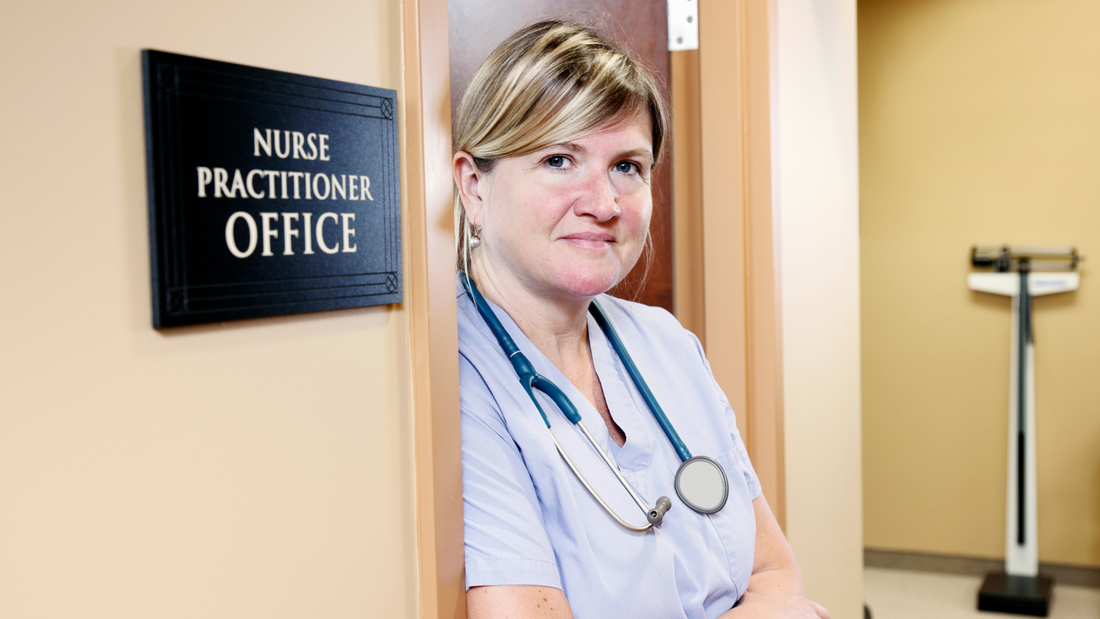|
Why should I consider becoming a Nurse Practitioner preceptor?
Precepting is an opportunity to provide a service and give back to nurse practitioner (NP) students. You are also a part of building a brighter future for the students and for the community by partnering with nurse practitioner programs to provide the essential clinical experience needed for education. In addition to helping students, you will find yourself growing professionally and enhancing your clinic while building your Curriculum Vitae or resume. Preceptors may also have the opportunity to gain adjunct faculty member status at an academic institution often while fulfilling recertification requirements. Preceptors often also find themselves re-energized for their career through mentoring, learning new information from students, and clarifying their own thinking through explaining clinical reasoning while also discovering their mentoring or teaching style. Other benefits may include gaining access to library resources, access to UpToDate or Epocrates, and/or continuing education offerings. Be sure to ask the school what preceptor incentives they offer. Sometimes preceptors can receive an honorarium or tax credit for precepting. PreceptorLink does provide an honorarium if desired. Check with your state to see if they offer tax credits for precepting. How does precepting benefit patients? Patients will receive additional attention and care while also contributing to the development of the next generation of nurse practitioner clinicians! How does precepting help students? Clinical rotations are a mandatory part of nurse practitioner education. Following a preceptor is an opportunity to apply what was learned in the classroom to clinical practice and to learn more skills and knowledge not found in the classroom. What do I need to do as a preceptor to prepare for students? The first step is to learn and understand the level your incoming student is at in their program. Clarify course practicum objectives and competencies as well as faculty expectations and ”meet” with your student via email, phone, or in-person prior to the start of their rotation. Ask for a current resume and consider interviewing the student to gain a better understanding of their background and experience. Doing this will allow you to learn about the student’s strengths, areas of improvement, and experience goals. Provide the student with resources and reading materials that will help them learn about your patients’ population. Providing students with the 10-20 most common diagnoses seen in the practice can be a valuable tool for students. Students should be expected to review them and be very familiar with them before they start the rotation. Also, review course and objectives before the rotation begins. What should I expect from my students? Students should be able to complete the paperwork and training required by their academic institute and arrange clinical rotation dates and times with you in a timely manner. Requirements may include a copy of the student’s immunization record, RN license, student ID, and computer and EMR training. Students should work around a schedule that is convenient for you, not the other way around. Students should introduce themselves to your staff members as student nurse practitioners and inquire about the clinical procedures at your facility. Students should be punctual, dressed professionally, and come prepared. Preparation may include any reading or information you ask the student to brush up on before beginning their rotation. Students should have a laptop or smartphone and other reference materials on hand if that is recommended. Students should only treat patients under your direction and, after the student has been with you for some time, give the student the opportunity to see the patient first then present to you to discuss the patient’s care and treatment plan before seeing the patient together. Students should discuss documentation specifics with you. Read more about student documentation requirements here. And finally, students should be interactive and eager to learn during every rotation. We have found that it is best to make your expectations clear and in writing upfront, so there is no confusion once a rotation occurs. What seems obvious to you may not be to a busy student!
0 Comments
Question: We have nurse practitioner students who rotate through our practice. Can we use their notes in the same way medical student notes are used?
Answer: Great question! Rules for nurse practitioner and physician’s assistant students documentation have changed in the last couple of years. As of January 1, 2020, clinicians can now use notes written by students. Specifically, when providing professional services, clinicians may now review and verify notes in a patient’s medical record made by other physicians, residents, nurses, students and other medical team members rather than re-documenting the information. The change in documentation requirements developed after a 2018 rule change by the Centers for Medicare and Medicaid Services (CMS) reduced the burden of documentation for clinicians but also created unintended consequences for nurse practitioner and physician assistant preceptors and the students under their supervision. As a result, many clinicians abruptly stopped precepting which created a disruption in education for NP and PA students. The American Academy of Nurse Practitioners (AANP), the American Academy of Physician Assistants (AAPA), nursing and physician stakeholders began rallying for changes to the 2020 final rule. The efforts by these groups proved effective and in November 2019, CMS revised the Medicare Claims Processing Manual, Chapter 12 Section 100.1.1 to update the policy on Evaluation and Management documentation. The policy now allows documentation by students and other medical team members to be verified by the acting clinician. The clinician must perform or re-perform the physical examination and all medical decision-making activities for the patient but no longer has to re-document notes from a student assisting in the medical services. This rule change aligns with today’s productivity demands for medical clinicians while also improving patient access to high quality care. |
About Lynn:As a longtime NP with a desire to help and make positive changes to her beloved profession, Lynn often writes opinion pieces about the NP profession. Archives
July 2024
Categories
All
"Why NPs train on the backs of physicians"
from KevinMD |
|
Jeremiah 29:11
PreceptorLink, Inc.®️ All rights reserved. Website Design by WCW Designs
|




 RSS Feed
RSS Feed

